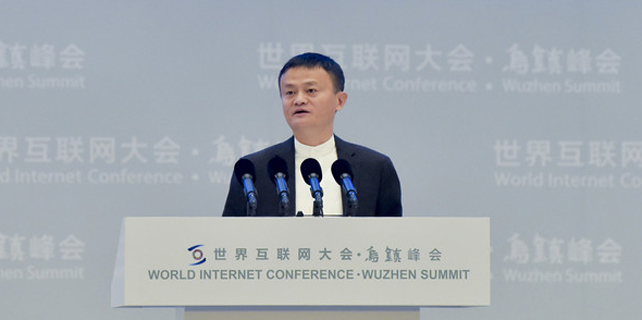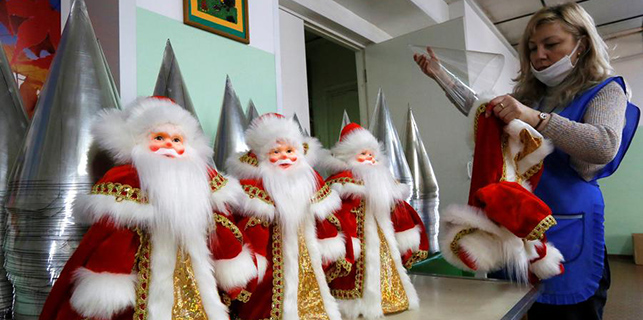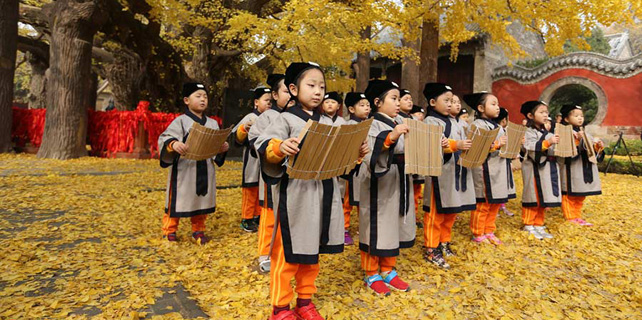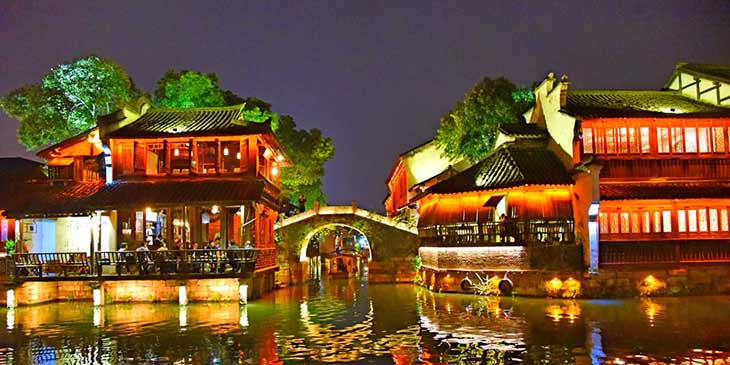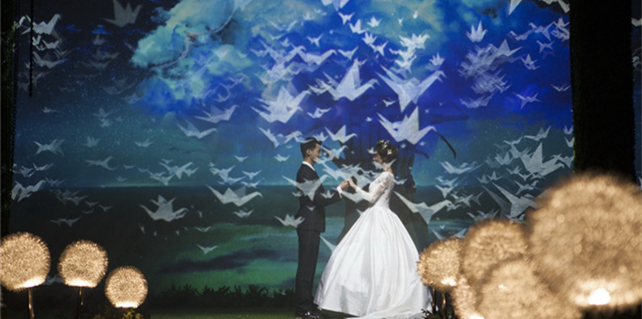UK, China collaborate to protect endangered wildlife
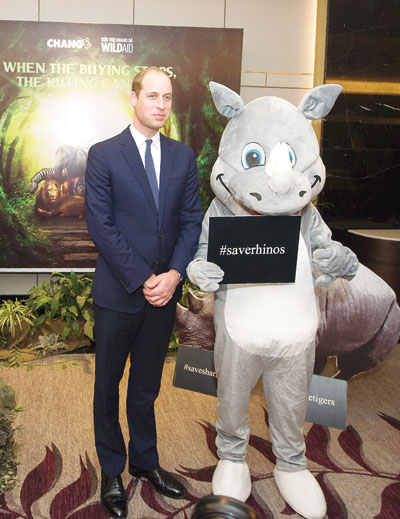 |
|
Prince William poses with an activist dressed as a white rhino. [Photo/Agencies] |
The United Kingdom and China will work together to train African border forces to spot and tackle smugglers involved in the trade of illicit animal products on the black market, British Environment Secretary Andrea Leadsom said on Thursday.
She was speaking at an international wildlife conference in Hanoi, Vietnam, which was called to tackle the threat posed to endangered species in Africa and elsewhere that face extinction as a consequence of the illegal activity.
"During a visit to China last week, I confirmed that the UK and China will work together with border forces in southern Africa to build skills in identifying wildlife smugglers, detecting hidden wildlife products and preventing illegal goods from leaving the region," she said.
In a related initiative, Britain's Ministry of Defence announced on the same day that a British armed forces team will train park rangers in Malawi to combat poaching.
Leadsom announced the UK was doubling its financial contribution to the fight against the illegal trade in animal products, to 13 million pounds ($16.2 million).
"This global issue will only be solved through international cooperation, and the decisive action agreed in Hanoi will help to protect our wild animals for future generations," she said. At the Hanoi conference, Britain's Prince William noted that China was taking steps toward a total ban on the manufacture and sale of ivory products as part of its efforts to save Africa's elephants.
He said: "China has already signaled a total ban, the USA has instituted one, and other nations, including the United Kingdom, are considering it." But he also issued a warning. "Here is the problem," he said. "We know that we aren't moving fast enough to keep up with the crisis. Rhinos, elephants, pangolin, lions-they are all still being killed in horrifying numbers."
The illegal wildlife trade has reached unprecedented levels, largely driven by demand from Asia. In June, authorities pledged to release the timetable for the domestic ivory ban before the end of the year.
Chinese celebrities, including Maggie Q and Li Bingbing, played their part by supporting a campaign to influence Chinese public opinion on animal welfare and global wildlife conservation.







